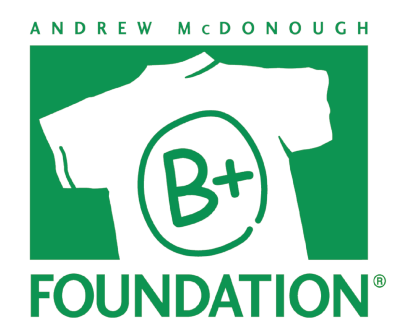Defining Actionable Apoptotic Dependencies in Pediatric CNS Tumors
John B. Little Center for Radiation Sciences, Harvard Chan School, Boston, MA
Central nervous system (CNS) tumors comprise a diverse group of cancer types and are a leading cause of cancer-related death in children. In addition to surgery, radiation and chemotherapy are the mainstays of treatment and although tumors frequently respond initially, tumor recurrence and treatment resistance is common. Importantly, radiation and chemotherapy treatments also damage healthy developing tissues in children and can cause life-long and devastating toxicities. When effective, most anti-cancer therapies induce apoptosis (programmed cell death) in cancer cells. However, CNS tumors frequently increase their expression of key pro-survival proteins from the BCL-2 family (BCL-2, BCL-XL and MCL-1) to block this form of cell death and support the development of resistance. The recent development of novel medicines that block pro-survival protein function has created an unprecedented opportunity to enhance the chemosensitivity of cancer cells and have already been approved for use in other malignancies. We propose to use cutting-edge tools to measure dependence on pro-survival proteins within pediatric CNS cancer cells in order to determine which cancers are most sensitive to these new therapies. In addition, we will comprehensively define the most effective strategies for combining these new medicines with existing treatments to inhibit the development of therapy resistance and improve cure rates while also reducing toxicities.

